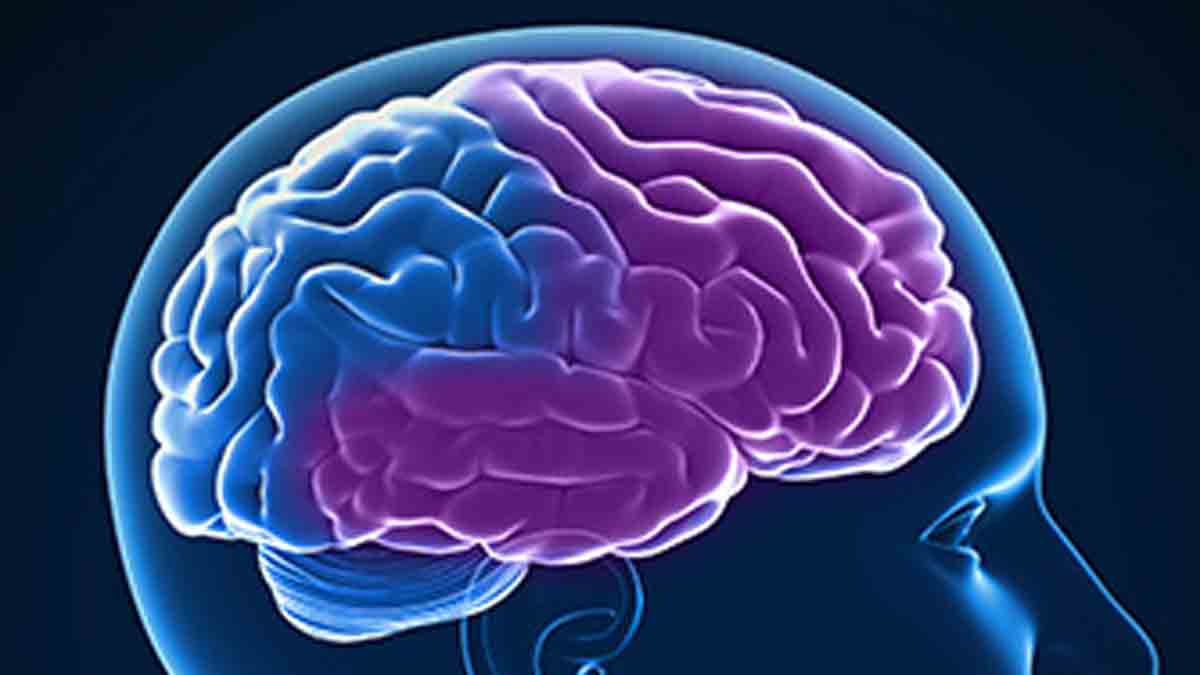In a latest press launch, former speak present luminary Wendy Williams bravely unveiled her analysis of major progressive aphasia and frontotemporal dementia (FTD), illuminating a situation typically eclipsed by extra prevalent types of dementia. This revelation invitations us to discover the intricate terrain of frontotemporal dementia and to intensify our vigilance concerning its signs and implications.
Understanding Frontotemporal Dementia
Frontotemporal dementia (FTD) represents a spectrum of neurodegenerative problems characterised by the progressive degeneration of the frontal and temporal lobes of the mind. These areas, essential for regulating character, behaviour, and language, succumb to the ravages of FTD, resulting in a myriad of cognitive and behavioural impairments. In contrast to Alzheimer’s illness, which usually afflicts older people, FTD primarily targets people between the ages of 40 and 65, presenting distinct diagnostic and administration challenges.

Signs: A Multifaceted Manifestation
Frontotemporal dementia manifests as a protean constellation of signs that evolve steadily over time, encompassing behavioural, linguistic, and motor aberrations. In keeping with Dr Fabian Almeida, Advisor Psychiatrist, Fortis Hospital, Kalyan, the hallmark of FTD lies in its propensity to elicit profound modifications in behaviour and character. People grappling with this situation typically bear a disconcerting metamorphosis, exhibiting social indiscretions, impulsivity, and impaired judgment. Furthermore, apathy and compulsive behaviours emerge as distinguished options, complicating interpersonal relationships and each day functioning.
Additionally Learn: Amy Schumer Reveals Endometriosis Prognosis After Feedback About Her Look; Right here Are The Signs
Along with behavioural disturbances, frontotemporal dementia exerts a deleterious impression on language and communication skills. Main progressive aphasia, a variant of FTD, precipitates a gradual deterioration of language proficiency, culminating in word-finding difficulties, semantic confusion, and syntactic breakdowns. This linguistic disarray engenders important challenges in interpersonal communication and on a regular basis interactions, exacerbating the person’s sense of isolation and frustration.
Moreover, uncommon situations of FTD could manifest with motor disturbances akin to these noticed in Parkinson’s illness or amyotrophic lateral sclerosis (ALS). Tremors, rigidity, and muscle weak point ensue, accompanied by dysphagia and gait disturbances, additional compromising the person’s autonomy and diminishing their high quality of life.
Additionally Learn: Actress Dolly Sohi Hospitalised With Respiratory Points After Cervical Most cancers; Is It A Potential Aspect Impact?
Unveiling the Enigma: Exploring Causes and Threat Elements
Regardless of concerted analysis efforts, the exact aetiology of frontotemporal dementia stays enigmatic. Neurodegenerative modifications throughout the frontal and temporal lobes, coupled with the buildup of aberrant proteins, precipitate neuronal dysfunction and synaptic loss, culminating within the medical manifestations of FTD. Whereas sure genetic predispositions have been implicated in familial types of the illness, a big proportion of circumstances happen sporadically, underscoring the intricate interaction of genetic and environmental components in illness pathogenesis.
Navigating the Diagnostic Odyssey
Arriving at a definitive analysis of frontotemporal dementia poses a formidable problem for clinicians, given its heterogeneous medical presentation and overlap with different neurodegenerative situations. Differential analysis entails discerning between numerous subtypes of FTD and ruling out various etiologies. Multimodal assessments, together with neuropsychological testing, neuroimaging, and genetic profiling, are instrumental in unravelling the diagnostic conundrum and guiding tailor-made interventions aimed toward optimizing affected person care and high quality of life.
Bottomline
Wendy Williams’ brave disclosure of her analysis shines a highlight on the often-overlooked panorama of frontotemporal dementia, underscoring the significance of fostering better consciousness and understanding of this debilitating situation. By elucidating the varied array of signs and challenges related to FTD, we empower people, caregivers, and communities to confront this formidable adversary with compassion, resilience, and unwavering solidarity. By means of collective advocacy and assist, we attempt to mitigate the impression of frontotemporal dementia and improve the lives of these affected by this insidious illness.
